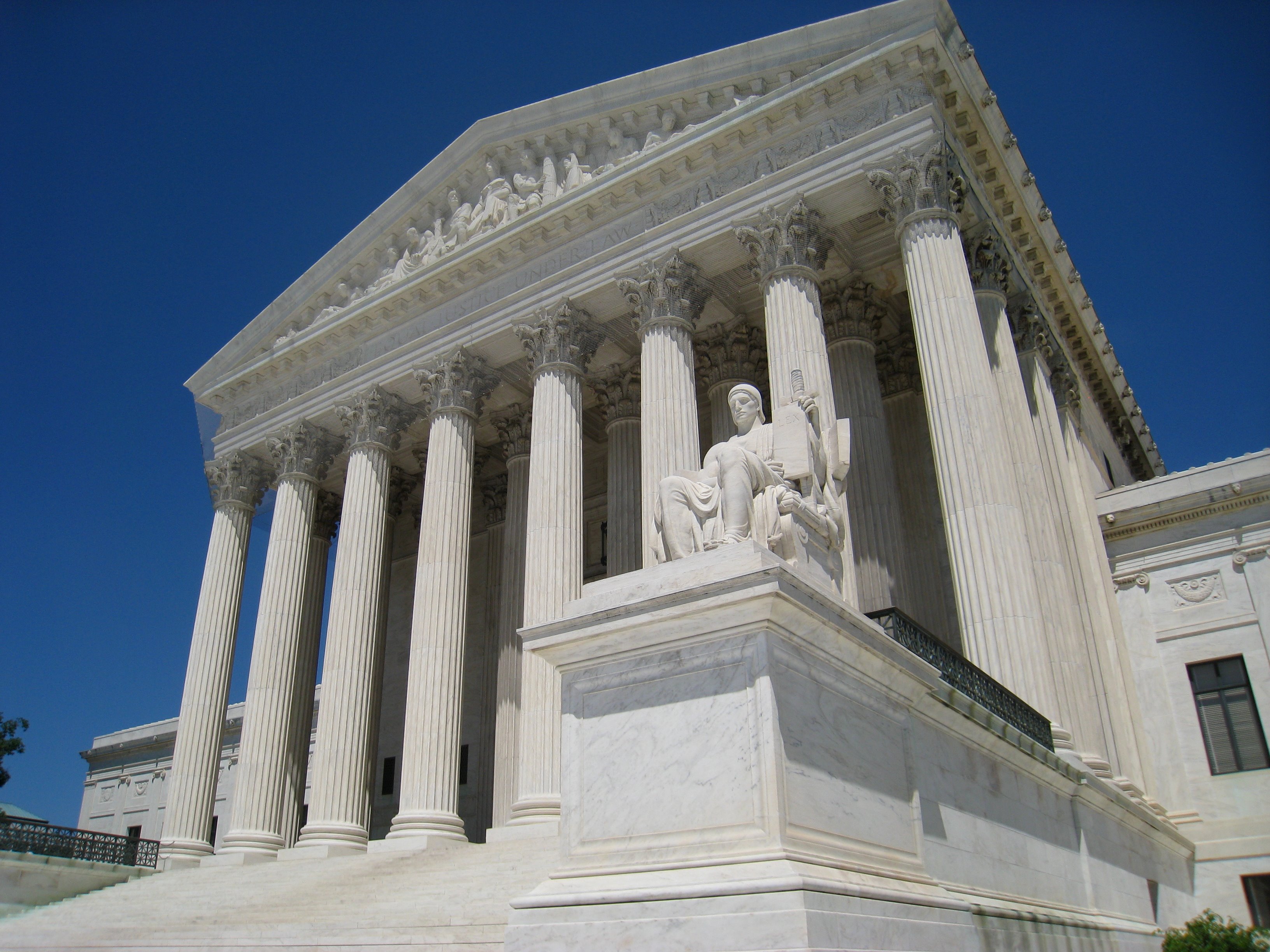Landor v. Louisiana Department of Corrections and Public Safety
Case Snapshot
Damon Landor’s religious dreadlocks, a crucial symbol of his Rastafarian faith, were forcibly shaved by Louisiana prison officials while he was imprisoned. After being released, Damon sued for money damages under the Religious Land Use and Institutionalized Persons Act (RLUIPA). Solely because Damon had already served his time, both a trial court and a federal appeals court denied his claims, ruling that former prisoners cannot receive compensation for RLUIPA violations.
Status
Share this Case

Case Summary
Faith behind bars
Damon Landor, a devout Rastafarian, honored his vow for nearly twenty years by growing dreadlocks, a profound and living symbol of his unyielding devotion to God. Both Damon and the prison staff knew the law protected his right to keep his dreadlocks, especially after the U.S. Court of Appeals for the Fifth Circuit had recently ruled that forcing Rastafarian inmates to cut their hair violated the Religious Land Use and Institutionalized Persons Act (RLUIPA), a federal law passed with bipartisan support to protect religious liberty in two areas where it is most vulnerable: land use and prisons. For four months, prison staff allowed Damon to wear his hair or keep it under a rastacap.
Religious freedom cut short
With only three weeks left before his release, Damon was transferred to Raymond Laborde Correctional Center. At intake, he explained his beliefs, showed proof of past accommodations, and handed the guard a copy of the Fifth Circuit decision protecting Rastafarian inmates. The guard threw it in the trash. The prison warden then demanded that Damon “prove” his religion by providing documentation from his sentencing judge—something impossible to get immediately. When Damon offered to contact his lawyer, the warden said it was “[t]oo late for that.” Guards proceeded to take him to another room, forcibly handcuff him to a chair, and shave his head bald.
After his release, Damon sued the warden, the state corrections secretary, and the prison guards for damages. The district court dismissed his claims, and a divided Fifth Circuit upheld that decision. While a three-judge panel of the Fifth Circuit “emphatically condemn[ed]” the abuse Landor suffered, it nevertheless found that it was bound by prior decisions to rule that RLUIPA does not allow former prisoners to sue individual officials for damages. When Damon asked the full court to rehear his case, the majority of Fifth Circuit judges declined—even while denouncing the abuse as “stark and egregious.” Several Fifth Circuit judges dissented and urged the Supreme Court to take the case.
Becket defends freedom of the faithful in prison
On September 2, 2025, Becket filed a friend-of-the-court brief at the Supreme Court in support of Damon. The brief explains that just like its sister statute, the Religious Freedom Restoration Act (RFRA), RLUIPA authorizes damages suits against individual officials who violate religious rights. It also emphasizes that damages are essential to make RLUIPA’s protections real. Without liability for damages, officials can violate religious freedom without consequence. And even absent bad faith, the ordinary realities of prison life—transfers, releases, and time-limited stays—make it very difficult to vindicate religious freedom, even in the most egregious cases like Damon’s.
Importance to religious liberty:
- RLUIPA: Like the Religious Freedom Restoration Act (RFRA), the Religious Land Use and Institutionalized Persons Act (RLUIPA) was passed with bipartisan support. RLUIPA ensures religious liberty in two areas where it is most vulnerable: land use and prisons.
- Individual freedom: Religious freedom protects the rights of individuals to observe their faith at all times, including in prison.